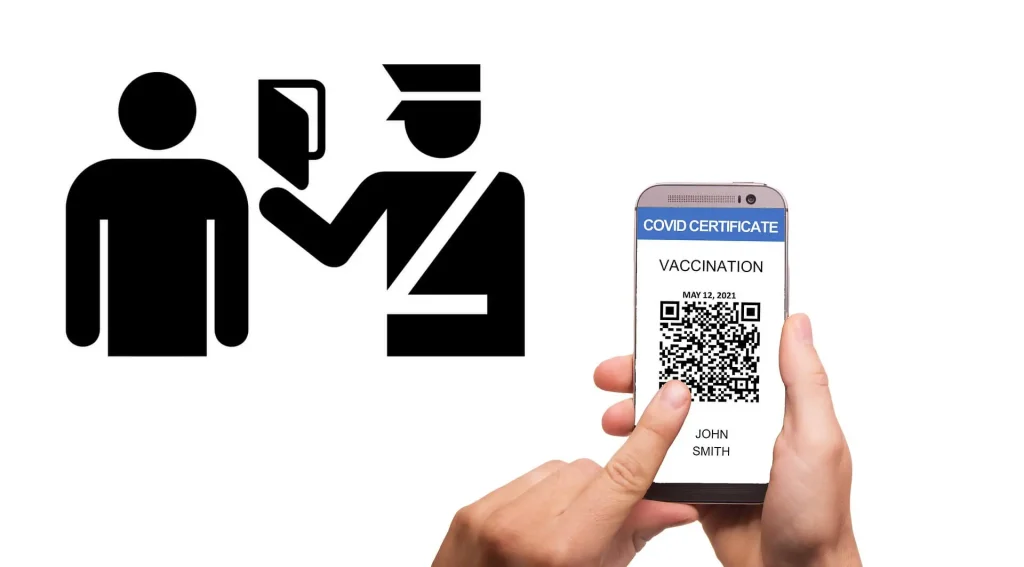We can see that neighbouring countries are using COVID certificates much more extensively than we. We have opted for introducing them in the health and social care systems, he told the public broadcaster HTV.
In social care, the certificates will be mandatory for those employed in both the private and public systems.
They will not be mandatory for those working with the youngest beneficiaries, but they will be in care homes, which are the most at-risk and where mortality is highest, Aladrović said. We assume that will occur as of 1 October, he added.
Asked about mandatory vaccination for certain employees on the model of other countries, for example Slovenia, which has imposed it for state administration employees, Aladrović said Croatia was not propagating that and that he hoped people would be responsible so that mandatory vaccination would not become mandatory.
However, COVID certificates are the mildest possible measure we can introduce to ensure a high degree of protection for health and social care beneficiaries, he said, adding that the certificates might be required in other sectors as well, depending on COVID developments and experts’ advice.
Aladrović went on to say that he did not expect a new lockdown because of the availability of vaccines.
He said that if some businesses had to close again due to the epidemic, the government would support them as it had during the previous two lockdowns to save jobs.
Speaking of amendments to the Minimum Wage Act, he said the government wanted to provide employees with an additional socioeconomic protection mechanism.
Under the amendments, the wage must be contracted in the gross amount and collective agreements must be honoured, Aladrović said, adding that in the two terms of the incumbent government, the minimum wage was raised by 38%.
Given the trends on the market, with wages generally going up, we expect the minimum wage, which is now HRK 3,400, to go up significantly by 31 October, on which negotiations are under way with the social partners, the minister added.
For more on COVID-19, follow TCN’s dedicated page.
For more about Croatia, CLICK HERE.











